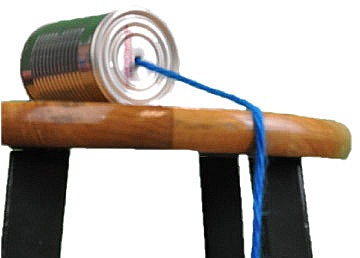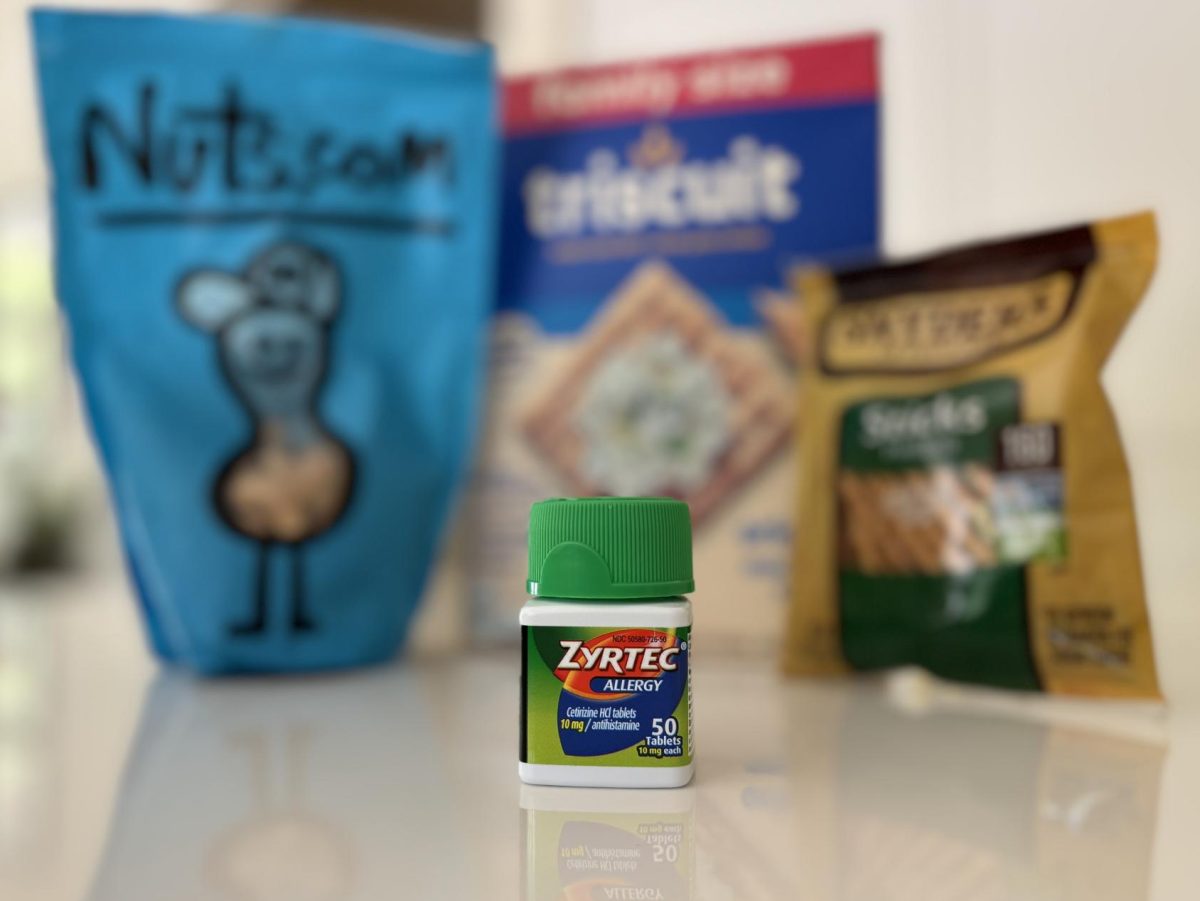No matter what you may have heard, your teachers are not your friends. Sure, you give them Christmas gifts and sometimes even ask them about their plans for the break, but make no mistake — there is a rather clear and distinct line between teacher and friend. And in light of recent events, this has proven to be a serious issue.

Students constantly worry about their reputation with their teachers. More than 50% are unwilling to confront a teacher about a problem in the classroom. Some believe that a bad impression can significantly lower your grade in a class, or at least keep your grade at the lower end of the borderline. More apparently, a bad reputation with a teacher leaves you without a letter of recommendation when college application season comes around.
There are times, however, when pressing matters arise that teachers must be made aware of. Perhaps their lectures are unclear or maybe they never quite answer your questions completely. Or maybe their constant teasing is more hurtful to you than they realize. In any case, more often than not, students refrain from declaring it. And without a doubt, this inhibition is detrimental to both parties.
The best of teachers have an easy solution to this problem — anonymous class and teacher evaluations. An honest (and for the studentís sake, anonymous) critique can work wonders for the way a class runs. The teacher will be made aware of his or her shortcomings as well as the what they are doing right. Students will more likely feel at ease and learn with the improvements made by the teacher, all the while without fear of negative consequences on their reputations.
However, it might surprise many students that the majority of teachers are constantly looking to improve — and student feedback is the most straightforward form of criticism. As long as students approach teachers with maturity and respect, most teachers will be more than happy to consider different opinions. Despite this reality, students would rather avoid this situation all together than attempt to communicate with teachers.
A suggestion box is just the first step in mending this situation. There is a serious lack of confidence among students to speak honestly with adults at school. When asked the question “Do you find any of your teachers intimidating,” more than 70% of students replied ‘yes.’ How can a class function at its best with such a blatant lack of communication? Teachers, and classes, can only get better with honest critical feedback.
For all of us, it’s a start.






